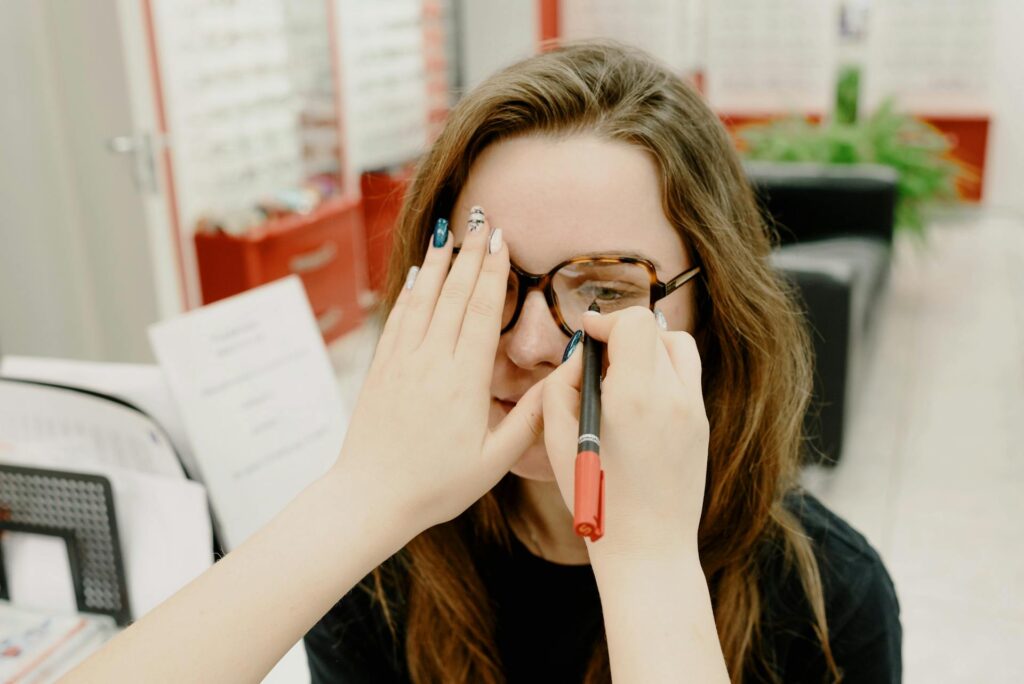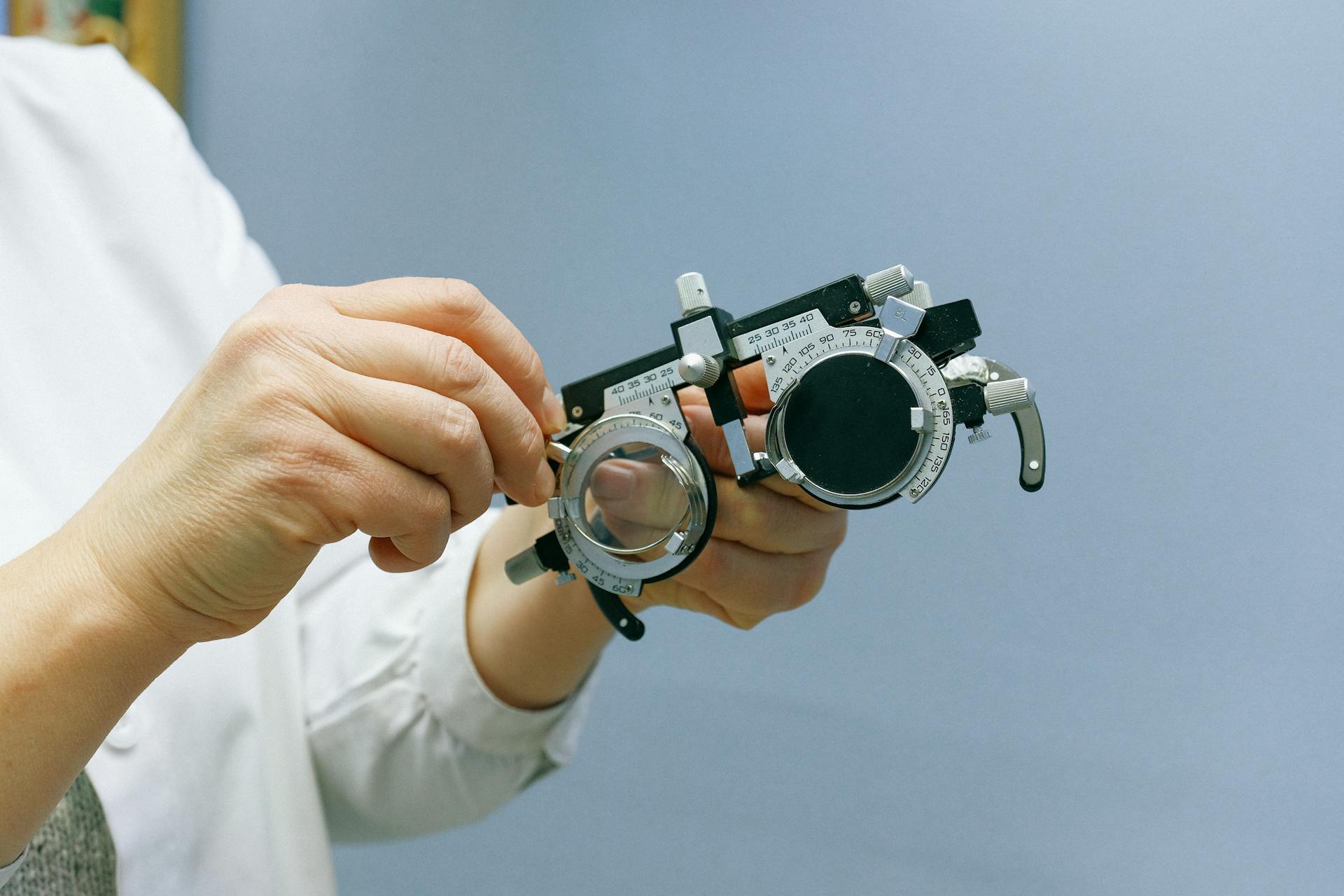Maintaining good vision and healthy eyes is crucial for overall well-being and quality of life. With the increasing screen time in modern lifestyles and various environmental factors, eye health is more important than ever. Here are comprehensive strategies to help preserve your vision and keep your eyes healthy.
1. Regular Eye Examinations
Regular eye exams are essential for detecting eye diseases and conditions that could lead to vision loss. These examinations can catch problems like glaucoma, cataracts, and macular degeneration early when they are most treatable. Adults should have their eyes examined at least once every two years, and annually after age 60. Children should have their vision checked before starting school and regularly throughout their educational career.
2. Proper Nutrition
A diet rich in antioxidants and essential nutrients can significantly enhance eye health. Vitamins A, C, and E, as well as the minerals zinc and selenium, are vital for maintaining eye function. Incorporate foods high in omega-3 fatty acids such as fish, nuts, and seeds, which are known to contribute to retinal health. Leafy green vegetables like spinach, kale, and collards, as well as eggs, berries, and citrus fruits, should also be part of your diet.

3. Manage Screen Time
Prolonged screen time can lead to digital eye strain, characterized by headaches, blurred vision, and dry eyes. The blue light from screens can also contribute to eye strain and fatigue.
Use the 20-20-20 rule: every 20 minutes, look at something 20 feet away for at least 20 seconds. Consider using screen filters or blue light glasses to reduce blue light exposure, and ensure your workspace is ergonomically set up to prevent strain.
4. Wear Appropriate Eyewear
Sunglasses with UV protection is crucial for blocking UVA and UVB rays that can damage your eyes over time. When participating in sports or working with hazardous materials, protective goggles or safety glasses should be worn to prevent injuries.
For those requiring glasses or contact lenses, it’s important to wear the correct prescription and to update these as needed. Ill-fitting contact lenses can cause significant damage and increase the risk of infection.
5. Adequate Lighting
Working, reading, or performing tasks in poor lighting can cause eye strain and fatigue. Ensure that your environment is well-lit. For reading or detailed tasks, use a direct light source positioned to shine directly on your work area, without causing glare.
6. Quit Smoking
Smoking increases the risk of developing age-related macular degeneration, cataracts, and optic nerve damage, all of which can lead to blindness. Stopping smoking can significantly reduce these risks and improve your overall health.
7. Stay Hydrated
Adequate hydration is essential for maintaining the health of your eyes. It helps produce tears, which can keep the eyes moist and reduce the risk of dry eye syndrome. Aim to drink at least 8 glasses of water a day, and more if you are active or live in a hot climate.
8. Exercise Regularly
Regular physical activity can help prevent conditions like high blood pressure and diabetes, which can lead to eye problems. Exercise also increases blood circulation, which improves oxygen levels to the eyes and aids in the removal of toxins.
Maintaining good eye health is a multifaceted approach that involves regular medical care, lifestyle adjustments, and proper nutrition. By incorporating these strategies into your daily routine, you can significantly enhance your vision quality and eye health, leading to a better quality of life.





